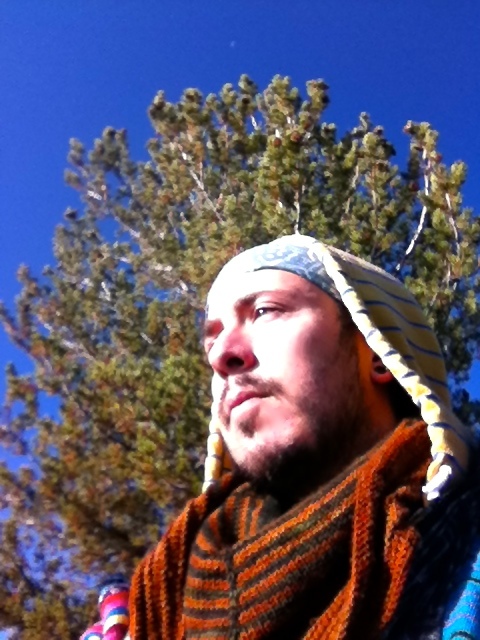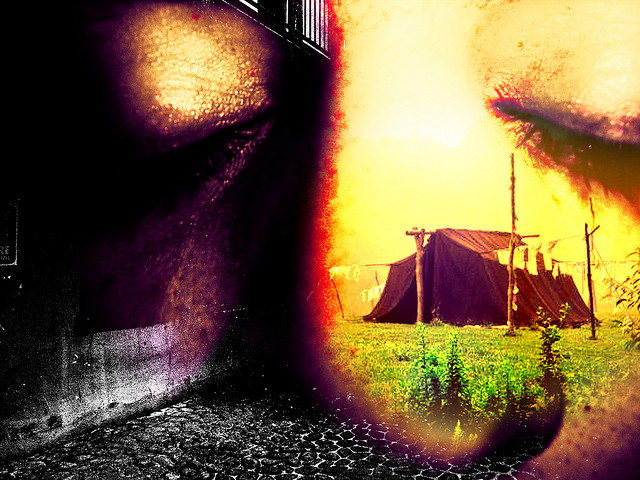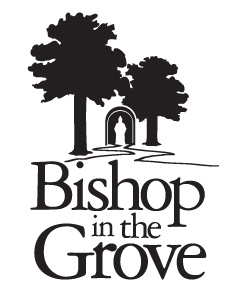Tag: Nature
-

You Can Take a Druid Out of the Woods…
In the morning, after (almost) sleeping through a night of 28 degree weather, I headed to the edge of the water to make my offerings. Pumpkin seeds were what I had to give, for they were what I had to eat. I proceeded through the same ritual I outlined in my post last week, only […]
-

Paganism Beyond the Warm and Fuzzy
I fell into a frozen lake once. It was winter, and we were on holiday from school. I was running ahead of my two cousins and my older brother, and I hit a thin patch. In no time, my tiny body was submerged. The water was violently cold, and I was certain I was going […]
-

The Awen Moves: An Offering in the Morning
There is an intrinsic connection between creativity and spirituality, I think. The impuse to create feels very much to me like the impulse to worship, to do ritual, or to pray. Perhaps this is why my heart sang out so loundly when I first found the Order of Bards, Ovates, and Druids. OBOD asserts that […]
-

Is Anything “Un-Sacred” to a Pagan?
I spend a good bit of time in airports. Culturally speaking, airports offer an interesting glimpse into the generic, surface-level identity of any given place. As I write this, I’m surrounded by Canadian Maple Leafs, shelves of syrup, stuffed moose toys, and — strangely, but not surprisingly — Starbucks. Canada is a big country, as […]
-

On the Nature of Salvation for Pagans
The conversation born out of my last post has been, by far, one of the most stimulating dialogues to take place on Bishop In The Grove. My mind is a flurry with thoughts of Gods and Goddesses, mysticism, my own need for a deeper and more engaging practice, and — for the first time in […]



